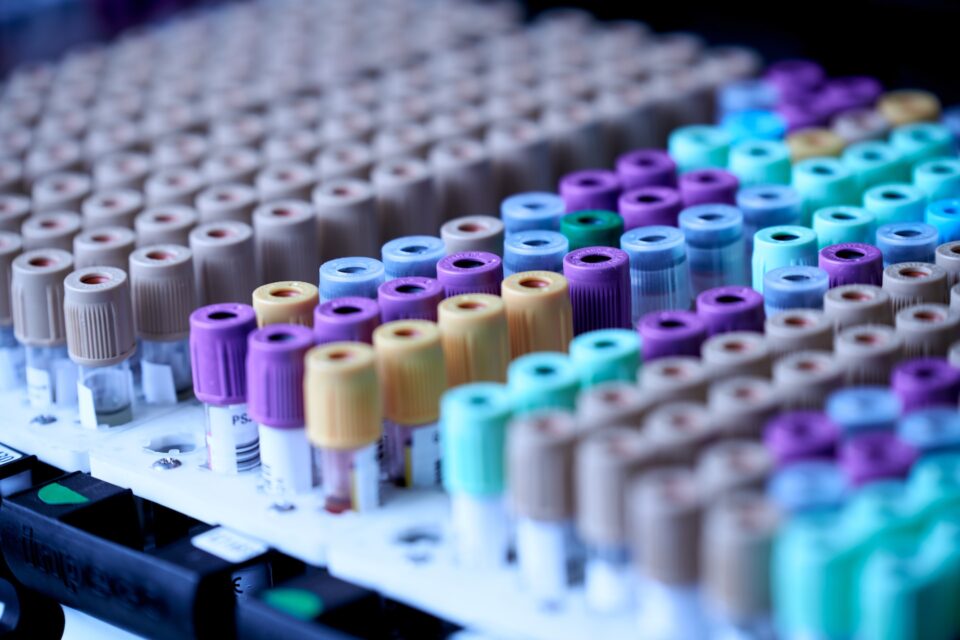From indicating how well your heart is working to revealing the state of your immune system, a blood test is a powerful tool. And the best part? Understanding your ‘health grades’ empowers you to make informed decisions, so you can aim for an ‘A+’ in overall well-being.
In this article, we will zoom in on three key chapters of your health story that a blood test can illuminate. Let’s take a look!
The Oxygen Odyssey: What Low Levels Can Signal
Oxygen is like the fuel that keeps your body’s engine running. Every cell in your body needs it to function properly. So, what happens when your blood oxygen levels dip lower than they should? It could be a sign that your ‘engine’ isn’t running as smoothly as it should be.
A blood test known as an arterial blood gas (ABG) can measure the oxygen levels in your blood. Here’s how to read the numbers:
- Normal Range: 75 to 100 millimeters of mercury (mm Hg)
- Low Oxygen Levels: Anything below 75 mm Hg
Causes of Low Blood Oxygen Levels
- Respiratory Issues: Conditions like asthma, chronic obstructive pulmonary disease (COPD), and pneumonia can lower oxygen levels.
- Heart Problems: Sometimes, a weak heart can’t pump enough blood to carry sufficient oxygen to your body’s tissues.
- Altitude: High-altitude areas have less oxygen, which can affect your levels.
Checking your blood oxygen levels can get an early start on diagnosing something serious. Some of the symptoms of low oxygen saturation include shortness of breath, rapid heartbeat, confusion or disorientation, and pale or blue-colored skin. If you are worried, don’t hesitate to reach out to a professional.
Unlocking the Mysteries of Cholesterol
Have you heard people talk about “good” and “bad” cholesterol but wondered what all the fuss is about? Let’s break it down.
Your body needs cholesterol to build cell walls and make hormones. But, like most things in life, balance is key.
Good Cholesterol (HDL) is your body’s recycling service, taking away the “trash” and keeping your arteries clean. Ideally, you’d want an HDL level over 60 mg/dL.
Bad Cholesterol (LDL) is the clutter you don’t want building up. Too much of it can block your arteries, and that’s bad news for your heart. It’s best to aim for an LDL level under 100 mg/dL.
The Sugar Story: Blood Tests and Diabetes
Sugar isn’t just a sweet treat; it’s also a crucial energy source for your body. However, too much of a good thing can become a problem, leading us to diabetes. If you’re feeling constantly tired, and thirsty, or find yourself rushing to the bathroom too often, your blood sugar levels might be trying to tell you something.
A blood test known as the A1C test can offer a look at your average blood sugar levels over the past 3 months. Here’s a breakdown of what the numbers mean:
- Normal: Less than 5.7%
- Pre-diabetes: 5.7% to 6.4%
- Diabetes: 6.5% or higher
Remember, this test isn’t just a one-time thing. Regular monitoring is key to managing diabetes effectively.
The Power of Knowing is Just a Test Away
Whether it’s keeping an eye on cholesterol, managing sugar levels, or even understanding the amount of oxygen in your blood, knowledge is your superpower.
Take that step. Ask questions. Keep track. Because the more you know, the better you can be at making choices that let you live your healthiest, happiest life.

